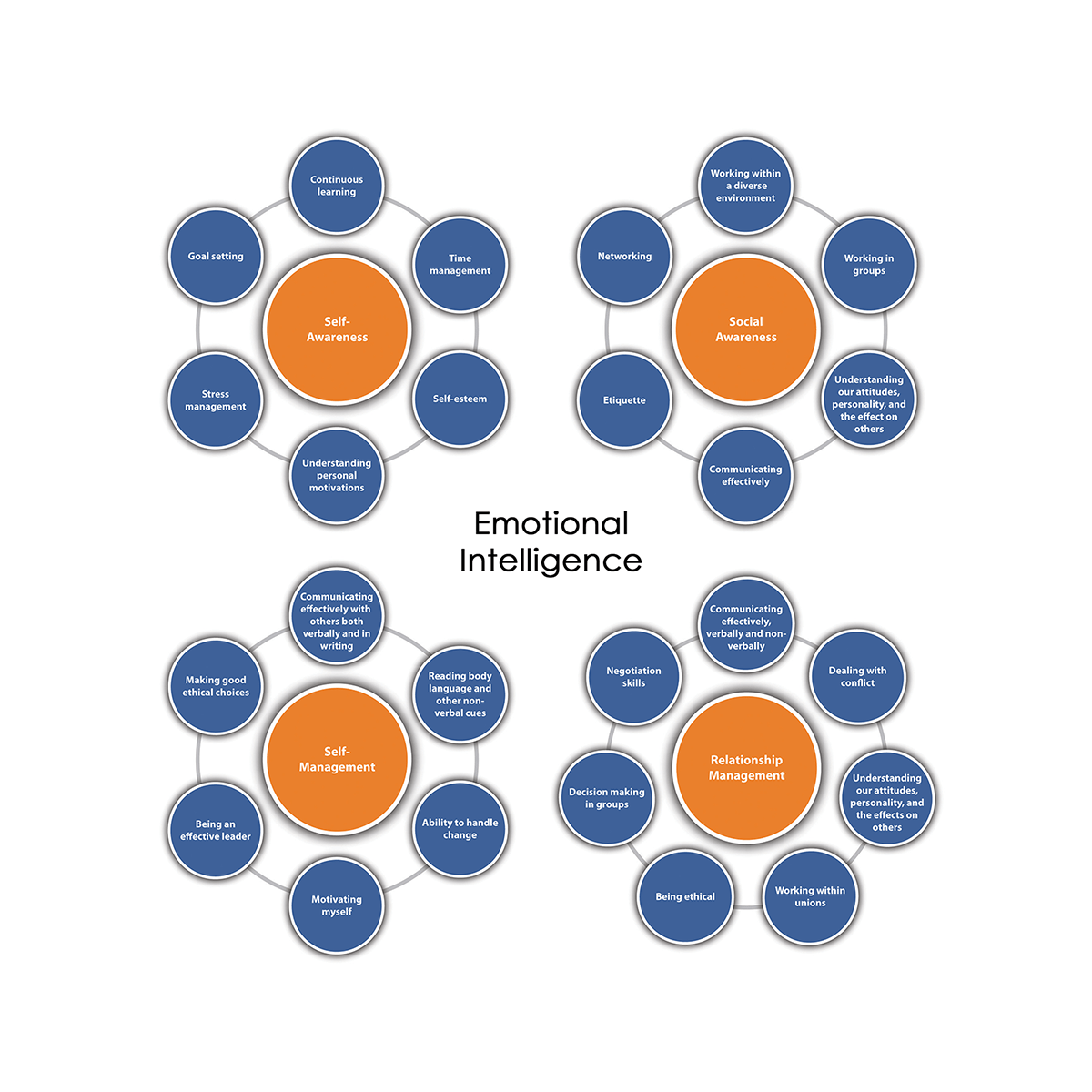What if being “highly independent” can make it difficult for us to see the value of strong relationships and our “me-first” attitude, completely logical, in reality, can be supplemented with even just a bit of practical empathy in order to enhance relationships?
“Libertarian Relationships” 3 minute rant by Scott Howard Swain
Frustrating debates that go nowhere
I remember back in the 90s when I used to listen to Pearl Jam on shiny disc objects- I mean- get into polarized conversations with friends about libertarianism vs statism and they would claim libertarians are “too selfish”.
Of course, I’d automatically deny that and speak of some of the many ways that taking care of one’s self must take precedence.
For example, if a person neglects their health in order to focus too much on the health of others, eventually one will not have the capacity to help anyone. A perfect simple example is airlines advising passengers to put the oxygen mask on themselves before their children if the plane gets attacked by a giant shark.


So what if yes, it is logical and reasonable for any being to most often act in a “me-first” manner? The key is most often. Sadly, many – if not most – libertarians I’ve interacted with – and the number is not few – tend to lean in more of a black & white direction with regard to this issue and many others. Why is that?
Black & white thinking
Perhaps the more left brained (logic) a person is, the more they crave clarity, truth, order, pizza, and uniformity? I found some clues in this definition of the psychological issue called “splitting”:
“Splitting (also called black-and-white thinking or all-or-nothing thinking) is the failure in a person’s thinking to bring together the dichotomy of both positive and negative qualities of the self and others into a cohesive, realistic whole. It is a common defense mechanism.[1] The individual tends to think in extremes (i.e., an individual’s actions and motivations are all good or all bad with no middle ground).
Splitting was first described by Ronald Fairbairn in his formulation of object relations theory;[2] it begins as the inability of the infant to combine the fulfilling aspects of the parents (the good object) and their unresponsive aspects (the unsatisfying object) into the same individuals, instead seeing the good and bad as separate. In psychoanalytic theory this functions as a defense mechanism.[3]…”
Why is selfishness so prevalent in libertarians?
Did the chicken come first or the egg? What I mean by that is do highly selfish people realize libertarianism is for them or do statists tend to have sex with chickens or merely prefer inserting eggs into their butts?
My top hypotheses
– Philosophical reason taken too far? I can see how some internalize the “I have no obligation to anyone but myself” idea to the point where they don’t realize they can still choose to compromise and it isn’t necessarily “giving in to authoritarianism”.
– Strong identification with individuality, which often shows up as a high value for non-conformity and less value for (or even understanding of) ambiguity, community, cooperation, compromise, and having sex with chickens.
– Strong faculties for logic and reasoning may often correlate with low emotional intelligence, where emotional intelligence may correlate more often to recognition of the power of cooperation and various aspects of relationships in general?

Why care?
For one thing, libertarians are the minority. I propose the primary reason is the selfishness I speak of, for the following primary reasons:
– Females in general tend to value cooperation, compromise, harmony, and nuance more than men do. This not only explains the low population of libertarians but also specifically, the low population of females who identify as libertarian.
– With the benefits of creating and strengthening relationships within our group, growth in numbers tends happens!
So why would we want increased numbers?
Duh? Have you ever heard the phrase, “Strength in numbers?” If not, I hope you can guess what it means and many ways it can be important for any group who wants more power; to be left alone or whatever your purpose is. Trust me, if you don’t want more of some kind of power, you are either Buddha, or you are lying to yourself. At least libertarians tend to understand that, like guns, power is merely a tool and not inherently evil.
Example
Let’s say grocery stores start requiring you to use digital money and/or provide a “proof of vaccination” in order to buy food. It sure would be nice if you have a large network of local libertarians to trade with! What examples can you dream up?
However much these traits are hard-wired in your brain vs coming from life experience, I assert that you can increase your emotional intelligence, which will benefit all your relationships, from business to family. I’ve been studying this topic for over 15 years and teaching it for over 14. I’ve also created some tools, both physical (card game), online, and mobile, that make it easy. I also host free online meetups every week where we practice a system I’ve created called “the “A Practical EmPath” system,” based on the book, Nonviolent Communication (NVC) by Marshall Rosenberg, Phd.
I’ve also created EmpathyBot, an a.i. you can chat with for fun or to practice/learn how to speak more empathetically. If you have interest in increasing your emotional resilience and strengthening your relationships, here’s an article I wrote specifically for libertarians on “practical empathy”; Language of Liberation.
Finally, what are your thoughts?
I’d love to hear what you think of these ideas! Do you consider yourself to be one of the more rare libertarians who is more balanced in their approach to relationships? Do you value emotional intelligence? Has your emotional intelligence changed over time? How? In what ways has it impacted your life?











Recent Comments